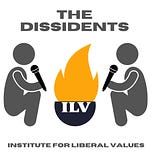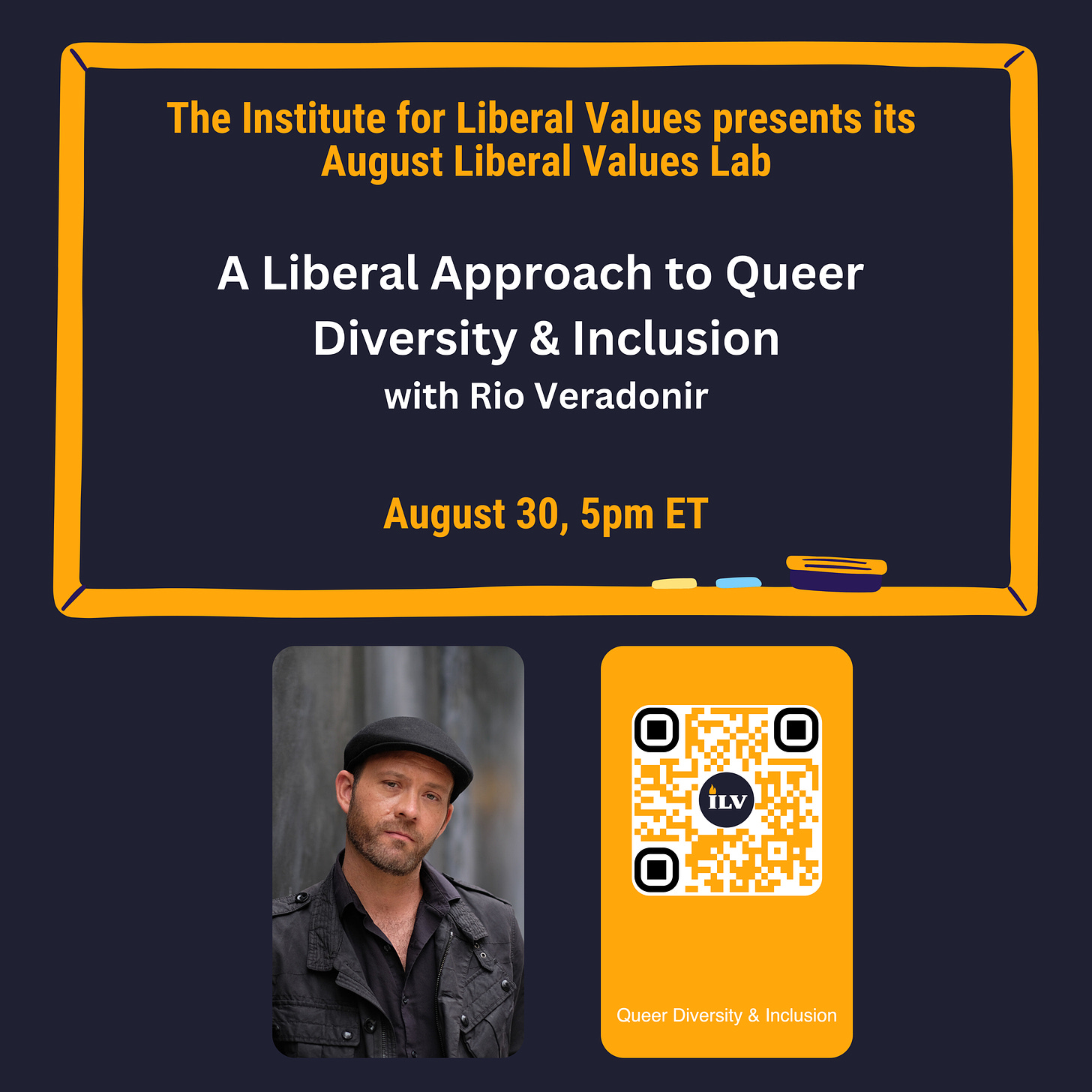Writer and activist Helen Raleigh has paired up with Professor and economist Paul Prentice to provide “three counterpunches” to socialism. The first counterpunch is about defining our terms. What is Democratic Socialism? According to Helen and Paul, it is a oxymoronic term we simply made up to “soften” socialism. However, when they ask others what it means the typical response is sharing and caring, versus capitalism that is equated with greed. Through political, economic and personal examples, they show how government sharing, much like Democratic Socialism, is just another oxymoron.
Following along with these ideas, their second counterpunch looks at the popular fallacy that many Nordic countries are thriving Democratic Socialist regimes. They are market capitalist countries with a heavy welfare system. The Nordic countries themselves use the term Social Democrat, which is a nuanced, but widely divergent term from Democratic Socialism.
In their third counterpunch, they try to change the messaging around capitalism to highlight its more compassionate attributes. Through both personal stories of Helen’s life in China and Paul’s incisive economic perspective, when put side-by-side, “compassion” is more the domain of capitalist systems. In order to see this more clearly we have to disassociate true capitalism from other forms of capitalism, e.g., “crony capitalism” (another oxymoron), which is really just fascism in disguise.
In the end, they conclude that the most important question is not one of partisan politics (e.g., left vs right), but one of human nature and which system fosters the “better angels” of our humanity.
Podcast Resources:
Victims of Communism Memorial Foundation
Join us for our upcoming Liberal Values Lab with
: A Liberal Approach to Queer Diversity & Inclusion.Thanks to a “short march through the institutions,” Diversity, Equity, & Inclusion (DEI) is all the rage at universities, in corporations, and other organizations these days. Its stated aim is to reduce intergroup hostilities and foster healthy communities. The problem: it doesn’t work. In fact, it backfires and makes things worse wherever it is tried. As a consequence, tribalism, polarization, and anti-social rhetoric are increasing in the west. Critical “Queer Theory”, along with Critical Race Theory, and other forms of Critical Social Justice, is to blame. Fortunately, we have a tried-and-true alternative to this failed ideology: Liberalism. And it offers its own toolkit for genuine social progress on LGBT issues and civil rights in general. In this lab, we will explore why liberalism works, how it differs from CSJ, and how to apply liberal principles to queer (and other) D&I. This will be useful for anyone who works in academia, the corporate world, government, nonprofits, etc. But it is really a useful guide to help anybody peacefully coexist and collaborate with friends, family, and colleagues.


















Share this post